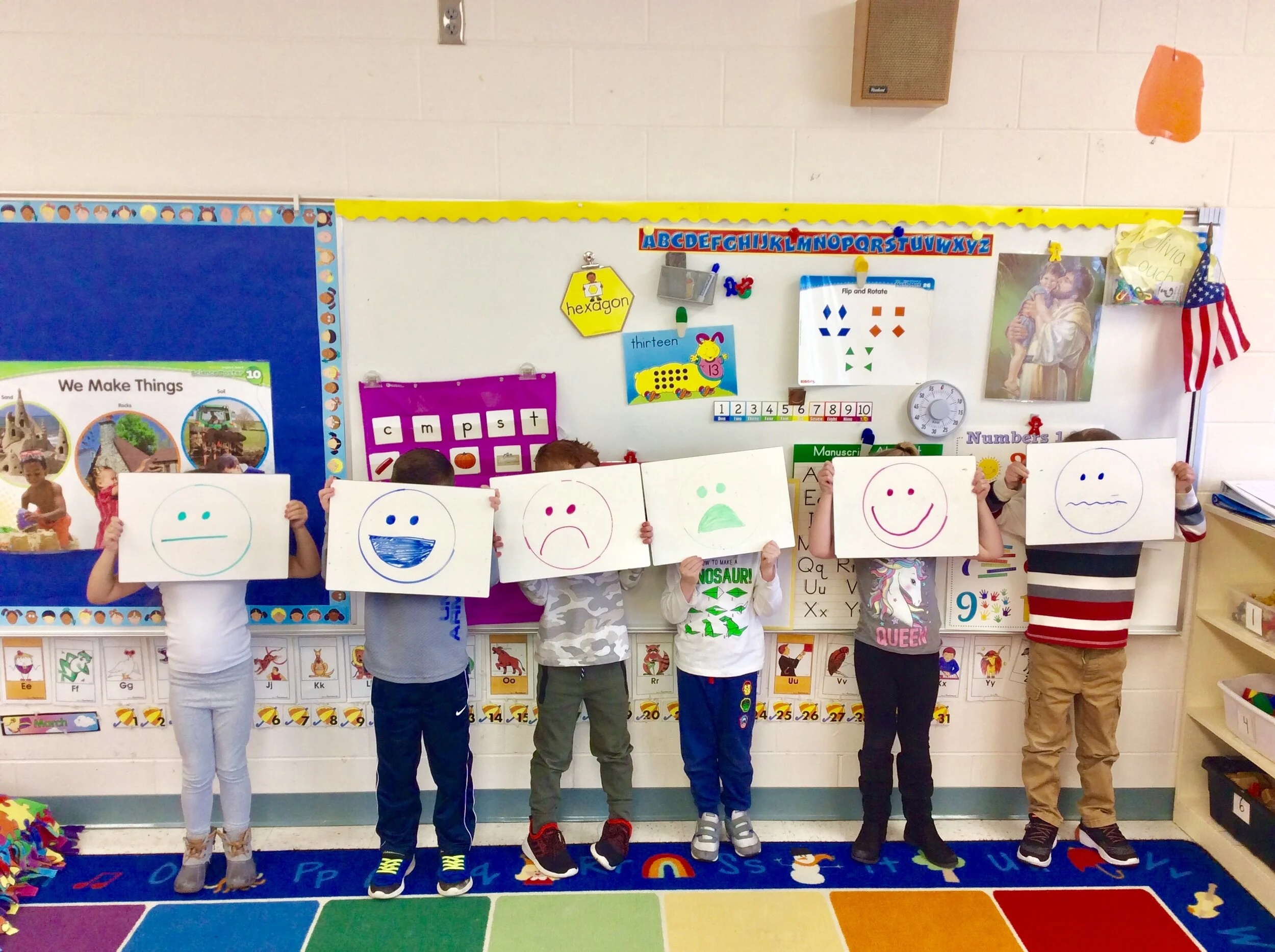When we get caught up in the busyness of life it is easy to lose track of our emotions. Mindfulness, or mindful exercises, are a powerful tool (or superpower) for helping children understand social emotional learning! Read on to find out more about how mindfulness plays a role in learning these valuable skills.
Viewing entries tagged
SEL
You or your friends might be fans of keeping a gratitude journal or gratitude diary, but how do we help kids practice gratitude too? Beyond naming what we are grateful for, here are some ideas on how to teach kids about gratitude, and ways to encourage them to routinely practice it. By doing so through these difficult times, you can set the foundation for a more positive mindset and better resilience!
Learning to manage emotions is a journey. It can be a more challenging journey for our child with autism. In support of autism awareness, read on to learn ways to support children with autism spectrum disorder to recognize and manage big emotions.
With school closures or families choosing to keep their children at home during COVID-19, you may be searching for resources to support your kids’ learning as we address the coronavirus. A lot of the resources can be overwhelming to sift through. Here’s a teacher’s list of the best resources to use for independent and guided learning at home.
With the evolving situation around the new coronavirus, COVID-19, there is a lot for each family to process and address. With social distancing, quarantining, and possible school closures, families with children may have additional needs, and one aspect of this is children’s stress and emotions during this time. How do I best address children’s emotional well-being during this challenging time?
Big feelings, sadness, anger, frustration, can be difficult to process - even for an adult. How do teachers help support kids’ emotions and feelings at school? Using similar strategies in your home, such as creating calm spaces, can help build home-school connections (or help homeschooling too!), while providing your kids with an opportunity to practice managing their emotions independently. Learn more about creating calm spaces, with games and activities, for your kids at home.
Anger – and the physiological signs that accompany it – are very normal, but not always directly addressed with children in healthy ways. With the knowledge and tips you have learned here, you can support your child’s social and emotional growth and help them better manage their own feelings of anger!
Pre-kindergarten is an exciting time: kids are learning a lot, including about socialization. Pre-K is also a great time to continue teaching your kids about emotions. How do you, as a parent or teacher, best teach the concept of emotions to your Pre-K students? Read on to learn some great tips from a Pre-K teacher!









